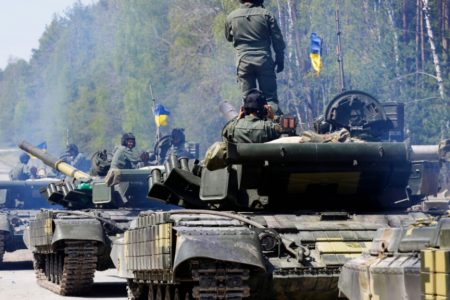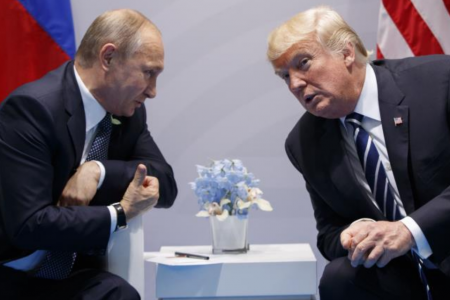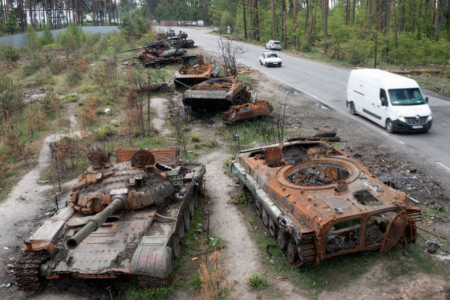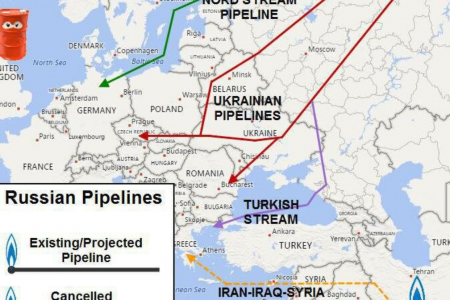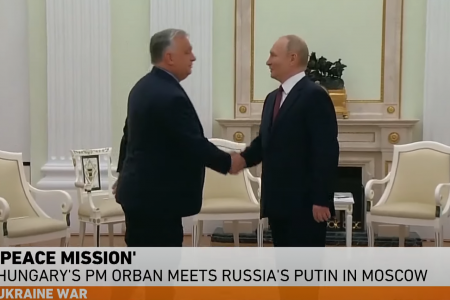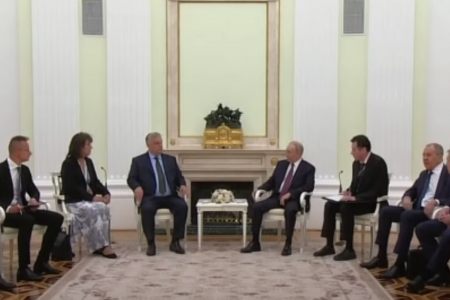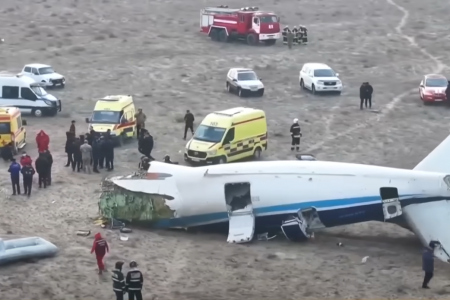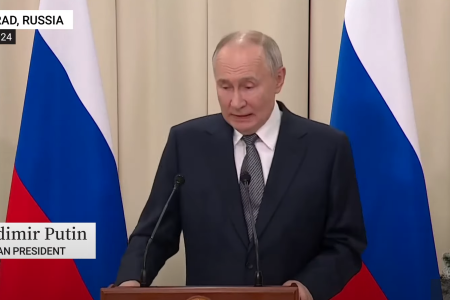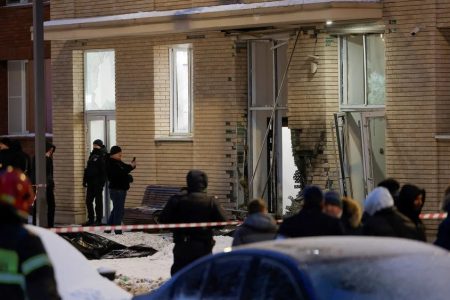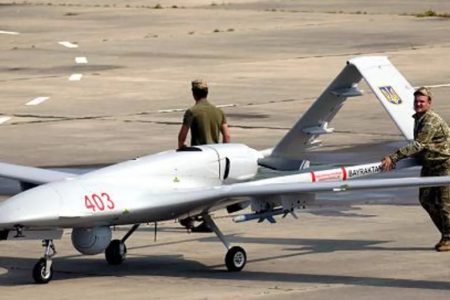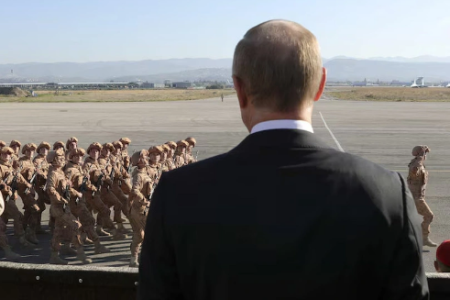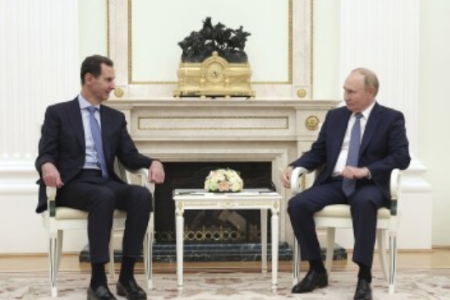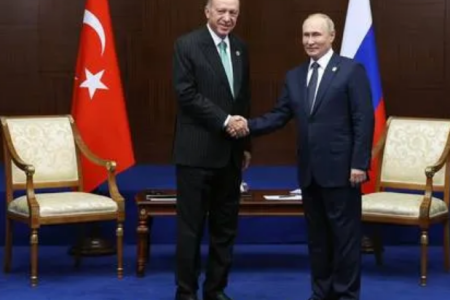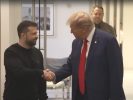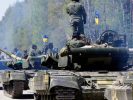
On May 12, the US State Department released a 2020 report on Vietnam’s religious freedom, which noted that some unrecognized religious groups continued to be harassed by the government, such as threats harass, conflict, discrimination between religious groups, interfering internal affairs or restrict the travel of religious clerks.
Vietnam on May 13 said that the report “made some unimportant statements based on inaccurate information.”
In this report, for the first time, the US State Department distinguishes between the Cao Dai Dao, established in 1926, and the state-backed 1997 Cao Dai Chi Phai.
The annual International Religious Freedom Report published by the US State Department reads: “Some religious leaders, especially those representing groups, do not require being recognized or are not formally recognized. reported that they were subjected to various forms of government harassment – including physical attacks, arrests, prosecutions, surveillance, travel restrictions of their clerks, and property seizures.”
“Religious activists accuse the government of manipulating recognized religious groups and implanting conflicts in order to suppress the activities of unregistered groups,” the report said. The report pointed the fact that members of the recognized Cao Dai sect (Cao Dai 1997) disrupted the ritual of unregistered Cao Dai (Cao Dai 1926) at a residence in Ben Cau district, Tay Ninh province, took place on September 11-13, 2020.
In addition, the report also mentioned the government’s seizure of Hieu Xuong Holy House in Tuy Hoa, Phu Yen.
Vietnam rejected the USCIRF report on religious freedom
Regarding the government’s interference in the internal affairs of religious groups, the report read: “Many civil society organizations expressed concern about the possibility of government interfering with Catholic Church decisions in the promotion of priests, who are particularly outspoken on many human rights issues.”
“Among the controversial cases during the year were the transfer of Father Nguyen Dinh Thuc and Father Dang Huu Nam to Vinh Diocese, following the announcement in June that Father Dang [Huu Nam] would be restricted from his pastoral affairs in the diocese,” the report stated.
Regarding the foreign travel ban, the report said some religious dignitaries faced restrictions on traveling outside, and that leaders and followers of some religious groups also faced travel restrictions from the government side.
The report citing sources from the Redemptorist Church said the authorities kept the confiscated passports of at least two of the church’s priests in 2018. In May 2020, the authorities refused to request the renewal of the passport of Redemptorist Father Nguyen Van Toan, on the grounds that he had acted “against the State.”
“A number of pastors criticized the government for expressing concern about traveling abroad for fear of being blocked off the border or detained upon returning home,” the report said.

From Lam Dong, Mr. Hua Phi, head of Nhon Sanh Dao Cao Dai Chon Truyen, and co-chairman of the Vietnam Interreligious Council shared with VOA his opinion on the situation of religious freedom in 2020:
“There is no religious freedom in Vietnam. The Vietnamese Communist government always creates conditions for religious groups set up by the government, while those with traditional religions do not have freedom.”
On May 11, Mr. Michael Orona, a senior staff member of the US State Department, spoke at the 27th Vietnam Human Rights Day event, raising concerns about restrictions on religious freedom in Vietnam. He said:
“We are still concerned about widespread restrictions on religious freedom and discrimination, as well as harassment. Some members of specific religious groups have suffered from these restrictions, especially those who are members of unregistered religious groups in remote areas such as the Central Highlands.”
“Certain religious groups have been rejected in an attempt to register after escaping religious persecution from other parts of the country,” added Orona.
Overseas Vietnamese celebrate the 27th Vietnam Human Rights Day
After the 2020 international religious freedom report was published, the US Embassy in Hanoi wrote on Facebook on May 13: “The Biden administration is strongly committed to promoting and protecting universal respects to freedom of religion and belief for all. This is a central priority in foreign policy.”
On May 13, at the Vietnamese Foreign Ministry’s regular press conference, answering a question suggesting Vietnam’s response to the 2020 U.S. International Religious Freedom Report, Spokeswoman Le Thi Thu Hang affirmed:
“Vietnam recognizes that the State Department’s International Religious Freedom Report 2020 mentioned Vietnam’s efforts in ensuring and promoting the life of religion and belief. However, the report still makes some unimportant statements based on inaccurate information about the actual situation in Vietnam.”
Ms. Hang said that the State of Vietnam always respects and consistently implements the policy of ensuring the people’s right to freedom of belief, religion, the right to follow or not to follow a religion of the people, and ensure equality and non-discrimination of religion, belief, protection of activities of religious organizations by law.
“Vietnam’s efforts and achievements in ensuring freedom of belief and religion for its people are widely recognized by the international community,” added Ms. Hang.
In related developments, on the morning of May 13 in Ho Chi Minh City, State President Nguyen Xuan Phuc had a meeting with the delegation of the Buddhist Church of Vietnam and said that the Party and State “create favorable conditions in order for all religions to make a good practice of true spiritual practice, to contribute to the country,” according to Tuoi Tre newspaper.
Positive statements by Vietnamese officials about the religious situation in the country paint a contradictory picture of some religious activists. From Houston, Texas, USA, Venerable Thich Huyen Viet, President of the Unified Buddhist Church of Vietnam overseas, spoke on May 11 at Vietnam Human Rights Day.
“The communists have permitted building large pagodas and large Buddhas to show off the so-called ‘religious freedom’ but in fact, there is absolutely no religious freedom because of following the direction of the Party and State. All activities in all forms are led by the Party.”
Thoibao.de (Translated)



